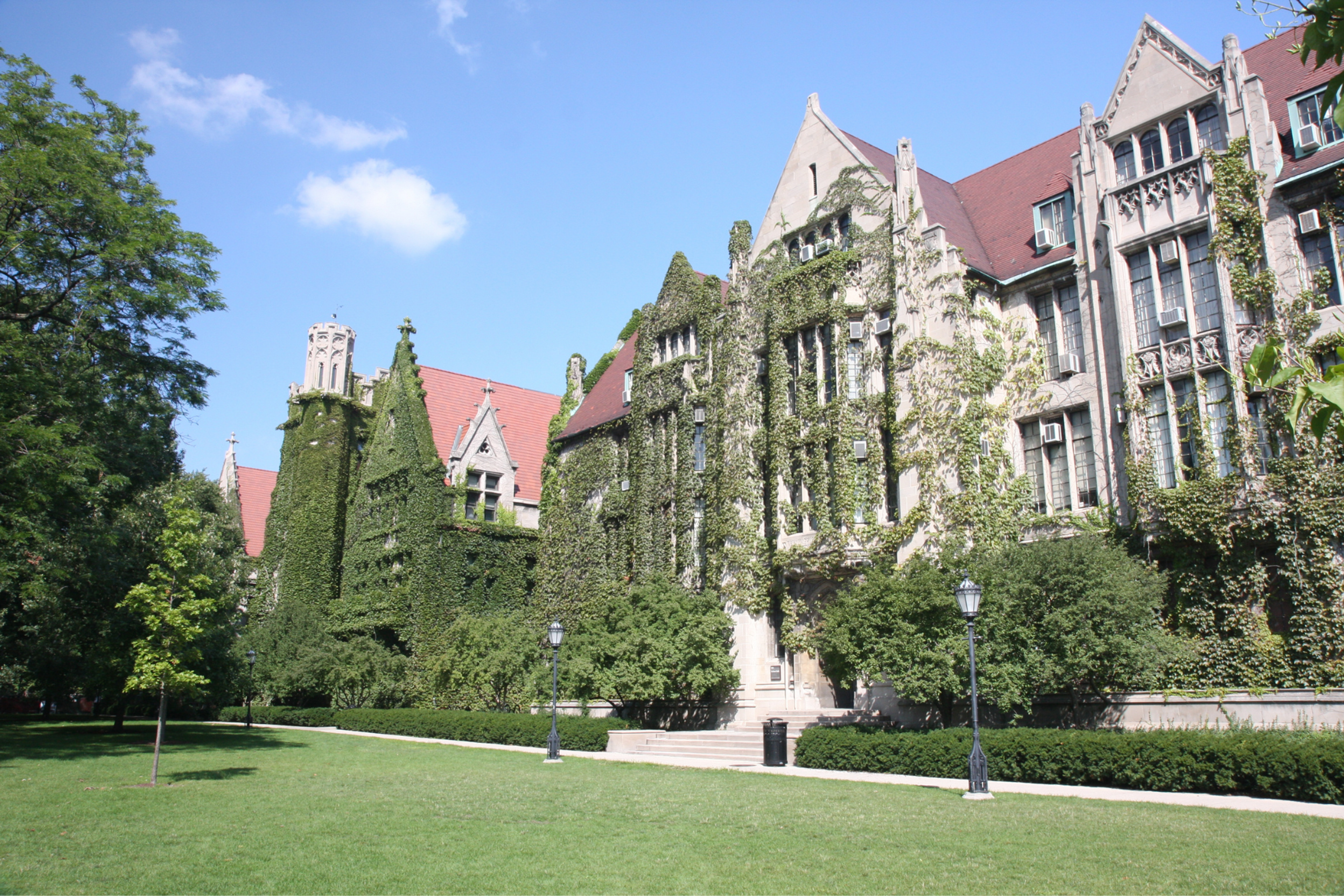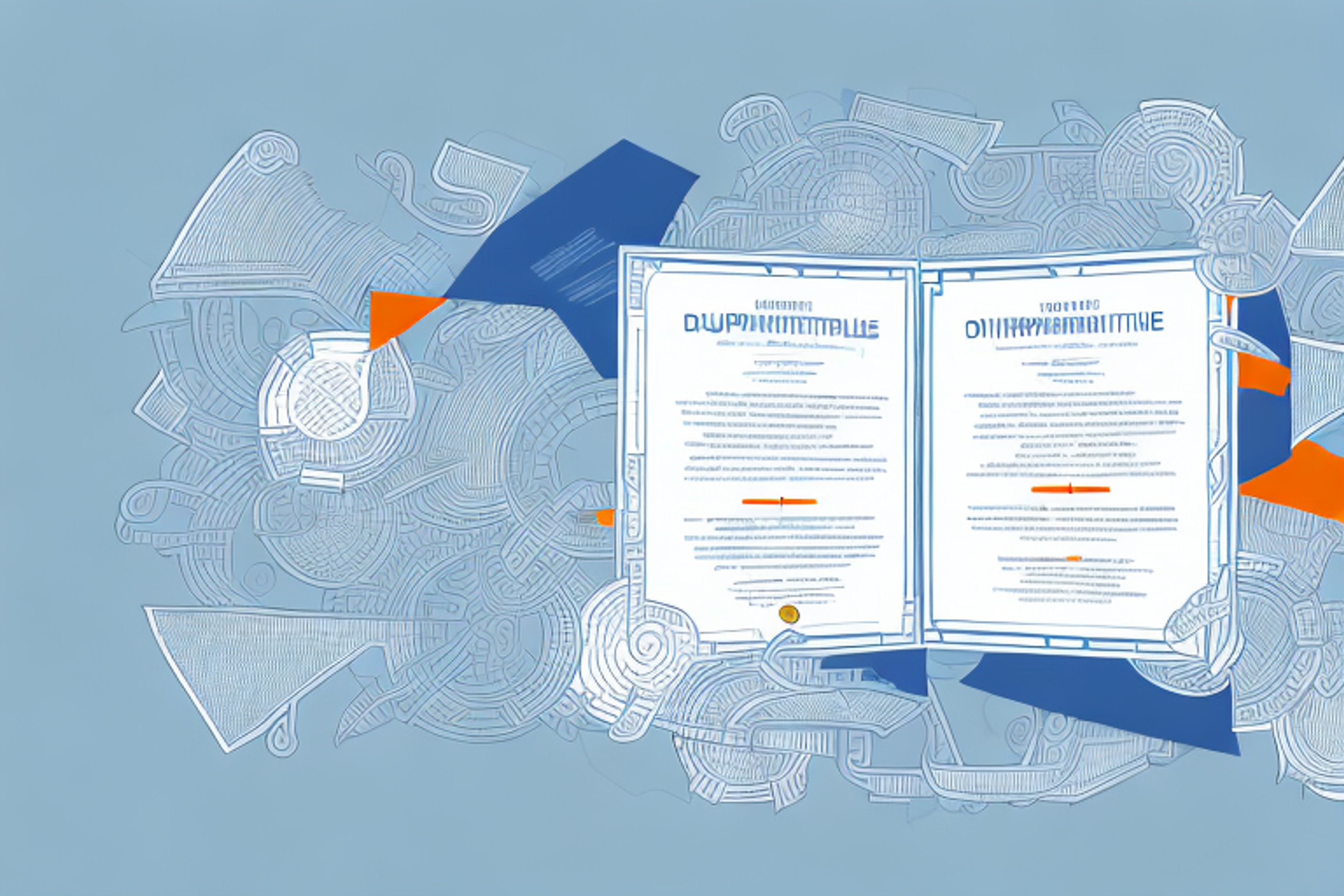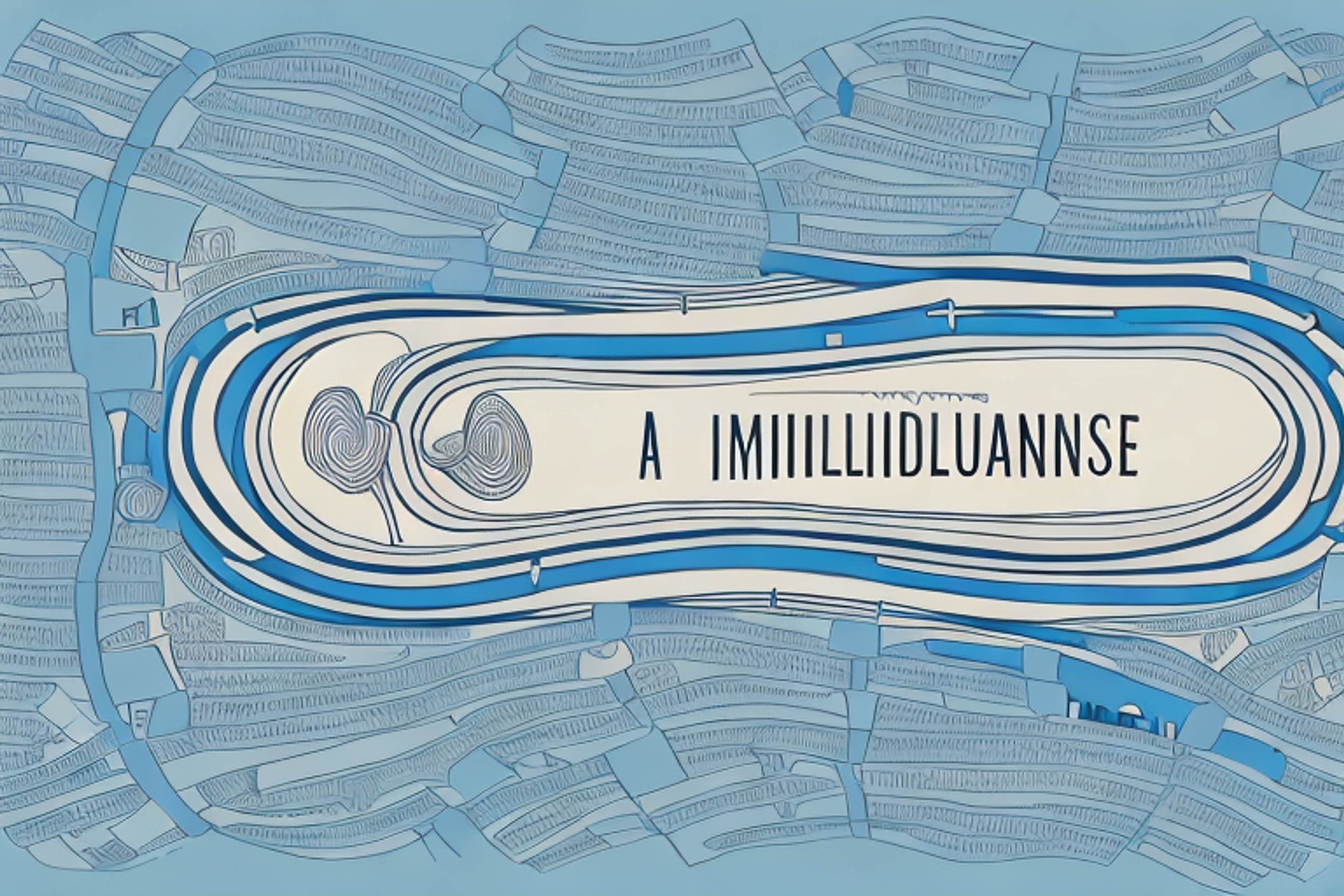Everything You Need to Know About Part-Time JD Programs
Are you considering pursuing a law degree but don't have the time to commit to a full-time program? Look no further than part-time JD programs.
Posted March 6, 2025

Table of Contents
Thinking of pursuing a JD program but struggling to find the time due to work or family commitments? Well, a part-time JD program could be the perfect solution for you. Here’s all you need to know about part-time JD programs, including their advantages, how they differ from full-time JD programs, and tips for choosing the best one for your career goals.
Advantages of Enrolling in a Part-Time JD Program
One of the biggest advantages of a part-time JD program is the increased flexibility it offers to students, allowing them to balance their studies with other commitments such as work or family. This means that students can maintain their current employment while studying, thereby reducing the financial burden of higher education. Additionally, part-time JD programs take a longer time to complete compared to full-time programs, thereby allowing students to better manage their academic workload.
Another advantage of a part-time JD program is the opportunity for students to gain practical legal experience while studying. Since part-time students have more time to work outside of school, they can take on internships or clerkships at law firms or other legal organizations. This not only provides valuable hands-on experience but also helps students build their professional network.
Furthermore, part-time JD programs often have a more diverse student body, with students coming from a variety of backgrounds and professions. This diversity can enrich classroom discussions and provide students with a broader perspective on legal issues. It also allows students to network with professionals from different industries, potentially opening up new career opportunities.
Part-Time JD Programs vs. Full-Time JD Programs: Which One is Right for You?
It really depends on your individual needs and circumstances. Full-time JD programs are ideal for students who are willing to commit to a rigorous academic schedule and have no other commitments. On the other hand, part-time JD programs are better suited for individuals who have other commitments to attend to or who prefer a more flexible academic schedule. Ultimately, your decision should be based on your individual circumstances and the time and financial resources available to you.
Another factor to consider when deciding between part-time and full-time JD programs is the length of the program. Full-time programs typically take three years to complete, while part-time programs can take up to four years or more. This means that part-time students have a longer period of time to balance their academic studies with work or other commitments.
Additionally, part-time JD programs may offer more opportunities for students to gain practical experience while still in school. Since part-time students are often working professionals, they may have more opportunities to apply what they are learning in the classroom to their current job or to internships in their field. This can be a valuable advantage when it comes to building a professional network and gaining practical skills that can be applied after graduation.
The Top Part-Time JD Programs in the US
There are many excellent part-time JD programs available in the US, including those offered by institutions such as Northwestern University, Georgetown University, and Fordham University. These programs are known for their flexible schedules, highly qualified faculty, and prestigious reputations. It is advisable to research the institutions offering part-time JD programs and their specific requirements to choose the one that’s right for you.
Part-time JD programs are a great option for individuals who want to pursue a law degree while maintaining their current job or other commitments. These programs typically take longer to complete than full-time programs, but offer more flexibility in terms of scheduling and workload. Additionally, part-time students often have the opportunity to gain practical experience through internships or externships while still in school.
It is important to note that part-time JD programs may not be available at all law schools, and admission requirements may differ from full-time programs. Some schools may require a certain number of years of work experience or a specific undergraduate degree. It is also important to consider the cost of tuition and the potential impact on your finances and career goals before committing to a part-time JD program.
How to Choose the Best Part-Time JD Program for Your Career Goals
When choosing a part-time JD program, it’s important to consider factors such as the program’s reputation, the quality of its faculty, and its course offerings. You should also consider the location of the institution and the cost of tuition and any other associated fees. Additionally, it’s essential to research the career prospects of graduates from the program and determine if they align with your own career goals.
Another important factor to consider when choosing a part-time JD program is the flexibility of the program. Some programs may offer evening or weekend classes, while others may require attendance during traditional business hours. It’s important to determine what schedule will work best for you and your current job or other commitments. Additionally, some programs may offer online or hybrid options, which can provide added flexibility for students.
What to Expect from a Part-Time JD Program Curriculum
Part-time JD programs offer a standard curriculum that is similar to full-time programs, covering topics such as civil procedure, constitutional law, contracts, criminal law, property, and torts. The curriculum is designed to provide students with comprehensive knowledge of the law and develop their analytical, research, and communication skills. Additionally, part-time JD programs offer elective courses in areas such as corporate law, environmental law, and intellectual property law, to name a few.
Part-time JD programs also offer students the opportunity to participate in clinics and externships, which provide hands-on experience in legal practice. These programs allow students to work with real clients, under the supervision of experienced attorneys, and gain practical skills in areas such as negotiation, advocacy, and legal writing. This practical experience is invaluable for students who plan to pursue careers in law.
Furthermore, part-time JD programs often have a more flexible schedule than full-time programs, allowing students to balance their studies with work or other commitments. This flexibility can be especially beneficial for students who are already working in the legal field and want to further their education while continuing to gain practical experience. Overall, part-time JD programs offer a comprehensive and flexible education that can prepare students for a variety of legal careers.
How Long Does it Take to Complete a Part-Time JD Program?
Part-time JD programs usually take between four and six years to complete, compared to three years for full-time JD programs. The length of time it takes to complete a part-time JD program is dependent on the number of credits a student takes each semester. It’s important to note that while part-time programs take longer to complete, they still offer an excellent education with the same curriculum as their full-time counterparts.
The Cost of Enrolling in a Part-Time JD Program: A Comprehensive Guide
Part-time JD programs can be expensive, with tuition fees ranging from $30,000 to $80,000 or more for the entire program, depending on the institution. However, financial aid in the form of scholarships, grants, and loans may be available to help offset the cost of tuition and other associated expenses. It’s important to research financial aid options and applications carefully to identify and obtain all funding for which you may be eligible.
Tips for Balancing Work, Family, and Studying in a Part-Time JD Program
Successfully balancing work, family, and studying in a part-time JD program requires discipline, organization, and time management skills. It is important to plan out your schedule and prioritize tasks to ensure that you stay on top of your studies. It’s also important to reach out to professors and classmates for support and guidance and to maintain a healthy work-life balance.
What are the Career Prospects After Completing a Part-Time JD Program?
Graduates from part-time JD programs are equipped with comprehensive legal knowledge and a wide range of skills, making them well-prepared for a variety of legal careers. Graduates of part-time JD programs have gone on to work at law firms, corporations, government agencies, and non-profit organizations. Some have even gone on to become successful entrepreneurs. The career prospects are limitless, and it all depends on your ambition and drive.
The Application Process for a Part-Time JD Program: Requirements and Tips
The requirements for applying to a part-time JD program are generally similar to those for full-time programs, including transcripts, letters of recommendation, personal statements, and application fees. It is essential to carefully read through the application requirements and submit all required documentation before the deadline. It’s also advisable to start the application process early enough to allow for any unforeseen delays.
Common Challenges Faced by Students in a Part-Time JD Program and How to Overcome Them
Part-time JD programs can be challenging, with students facing significant time constraints and academic pressures. Common challenges include managing time between work, family, and studies, the high cost of tuition, and a rigorous academic schedule. However, these challenges can be overcome by staying focused, developing effective time management skills, and seeking out support from family, professors, and classmates.
Online vs In-person part-time JD programs: Which one is better?
Online part-time JD programs provide greater flexibility and convenience, allowing students to complete their programs from anywhere in the world. On the other hand, in-person part-time JD programs offer the opportunity to interact with professors and classmates in real-time, enhancing learning experiences. Choosing between an online or in-person program depends on your individual preferences and circumstances, as both options offer their unique advantages and disadvantages.
Are part-time JD programs as prestigious as full-time programs?
Yes! Part-time JD programs are just as rigorous and challenging as full-time programs, ensuring that graduates from either program earn an accredited JD degree. Additionally, many part-time programs offered by prestigious institutions are highly-regarded and offer their graduates the same job placement opportunities as their full-time counterparts. Therefore, you can be confident in the prestige associated with completing a part-time JD program at a reputable institution.
The Future of Legal Education: A Look into the Growing Popularity of Part-Time Programs
The popularity of part-time JD programs continues to grow as more students seek flexibility in their academic programs to accommodate other priorities such as work, family, or personal interests. Additionally, the growing trend towards online learning has made it even easier for students to complete part-time JD programs from anywhere in the world. As such, we can expect the popularity of part-time JD programs to continue to grow in the future of legal education.
Overall, a part-time JD program is a perfect option for individuals who want to pursue a career in law but have other priorities to balance. As outlined in this article, part-time JD programs offer the same rigorous curriculum and academic standards as full-time programs, and graduates are just as well-prepared for a variety of legal careers. Always choose a program that meets your specific needs and goals, and you’re sure to find success in the legal profession.











